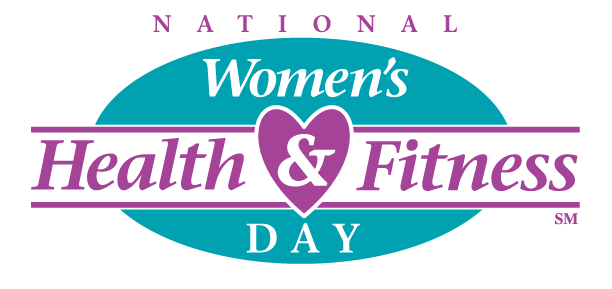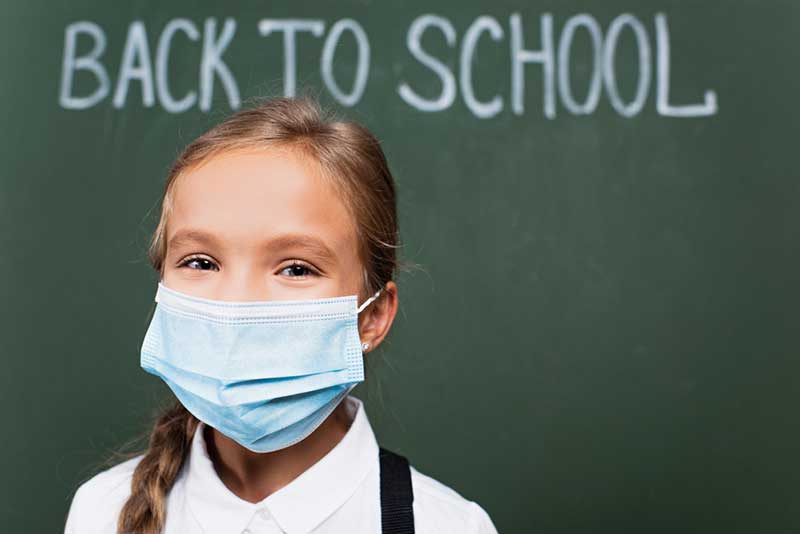March is Colon Cancer Awareness Month
The American Cancer Society (ACS) estimates that about 1 in 23 men and 1 in 25 women will develop colorectal cancer during their lifetime. That's a staggering statistic. Like most cancers, the key to treating it successfully is early detection. Knowing the early warning signs, especially if you have a family history of colon cancer is vital. What are the symptoms of colon cancer? The trouble with colon cancer is that sometimes there are no symptoms at all in the beginning. However, if you experience any of the symptoms listed below, it is important not to ignore them. Colon cancer symptoms include: constipation diarrhea changes
What To Do When You Can’t Swallow Your Pills
If you have trouble swallowing pills, you’re not alone. A survey by Harris Interactive reported that 40% of American adults have difficulty swallowing pills, even though most have no problems with food or liquids. Of those who experience difficulty swallowing their medications, 14% have delayed taking their meds, 8% have skipped a dose, and 4% have discontinued using their medication altogether. There can be several reasons why you have trouble swallowing your pills. Gag reflex. Swallowing a solid substance like a pill without chewing feels unnatural. So it may trigger your involuntary gag reflex, which protects you from choking. Anxiety. Fear
What is Cholesterol
If you watch TV, chances are you have seen an advertisement for cholesterol medicine. But what exactly is cholesterol and is it as bad as these advertisements make it out to be? Cholesterol is a waxy, fat-like substance that is in all of the cells inside your body. It is something that your body produces naturally and something your body needs! You see, cholesterol is used by your body to make hormones, vitamin D, and other things that help you digest your food. The trouble with cholesterol is when you don’t have the right balance of cholesterol types. There are two types
Protect Yourself and Your Family. Get a Flu Shot.
As you’re making your lists and checking them twice this holiday season, don’t forget to add getting your flu shot. Peak flu season runs from December through February. It is estimated that 5-20% of the population will get the flu this year leading to 200,000 hospitalizations due to complications from the flu virus. What’s more, 3000-49000 people die each year from the flu, making it one of the deadliest viruses around. The CDC recommends that everyone over 6 months old get an annual flu shot. This recommendation has been in place since 2010 when the CDC voted for “universal” flu vaccinations.
Can you catch a cold from getting cold?
Now that it is November, the weather is getting colder. Even here in South Louisiana, people are starting to break out the sweaters and jackets so they can bundle up. Moms are forcing their children to wear long pants to school and put jackets on before they leave for the school bus. When the children complain moms say, “You don’t want to catch a cold.” But can you catch a cold from getting cold? The simple answer is no, you cannot. When you get a cold, runny nose, cough, perhaps a fever, you have come into contact with a virus. Just
Pill Packs Now Available
Managing your medication can be challenging, especially for seniors who often take several medications each with their own dosing schedule. Depending on which medications you take, the pills may look very similar, so it is easy to get them confused and possibly take the wrong medication in the wrong amount at the wrong time. Remembering to take your medications a prescribed by your doctor is vital to ensuring your medications work as they are supposed to. So, Neighbors Pharmacy is now offering convenient Daily Dose Packs to make the process of taking your medications easier. Daily Dose Pill Packs are becoming
National Women’s Health and Fitness Day
National Women’s Health & Fitness Day is observed on the last Wednesday in September. It is the nation’s largest annual health promotion event for women of all ages. More than 500 groups across the country will host women’s health and fitness events at senior centers, hospitals, health clubs, park and recreation districts, local health and service organizations, schools, retirement communities, houses of worship, and other community locations. An estimated 50,000 to 75,000 women of all ages are expected to participate in these local activities. Activities will be noncompetitive and may include walking events, exercise demonstrations, health screenings, and health information workshops. As
Back to School in the Era of COVID-19
School is one place germs are expected. Hundreds of children touching every surface imaginable as they explore and learn about the world. Up until now, it was simply a given that once school started sooner or later your child would catch a cold, you would keep them home only if they had a fever otherwise it was children’s cold medicine with breakfast and off they went. Since COVID-19 appeared and our whole lives came to a screeching halt, parents, teachers, and school boards are taking a closer look at their health and wellness policies and practices. In Louisiana, Governor Edwards recently
Does Wearing a Mask Stop COVID-19?
There has been much debate in the news recently about who should wear a mask and if they work to stop the spread of COVID-19. Before we look at how effective masks may or may not be in stopping COVID-19, it's important to understand the logic behind the recommendation to wear a mask. According to the CDC, the idea behind wearing masks is to prevent or reduce the amount of infected respiratory droplets from traveling into the air. Every time we speak, laugh, cough, or sneeze, we release tiny drops of liquid into the air. These droplets can contain many viruses
How to Exercise in the Heat
South Louisiana is known for its hot summers, and with COVID-19 some people are still hesitant to head back to the gym, leaving them few options but to exercise outside in the heat. If you are new to exercising, read our blog post about how to start exercising safely. So how can you workout outside in the hot summer months and avoid heat stroke, or heat exhaustion? Here are a few tips: Stay hydrated. As you exercise, you sweat but when you exercise outside int eh heat, you sweat even more. Make sure to drink plenty of water before you exercise











